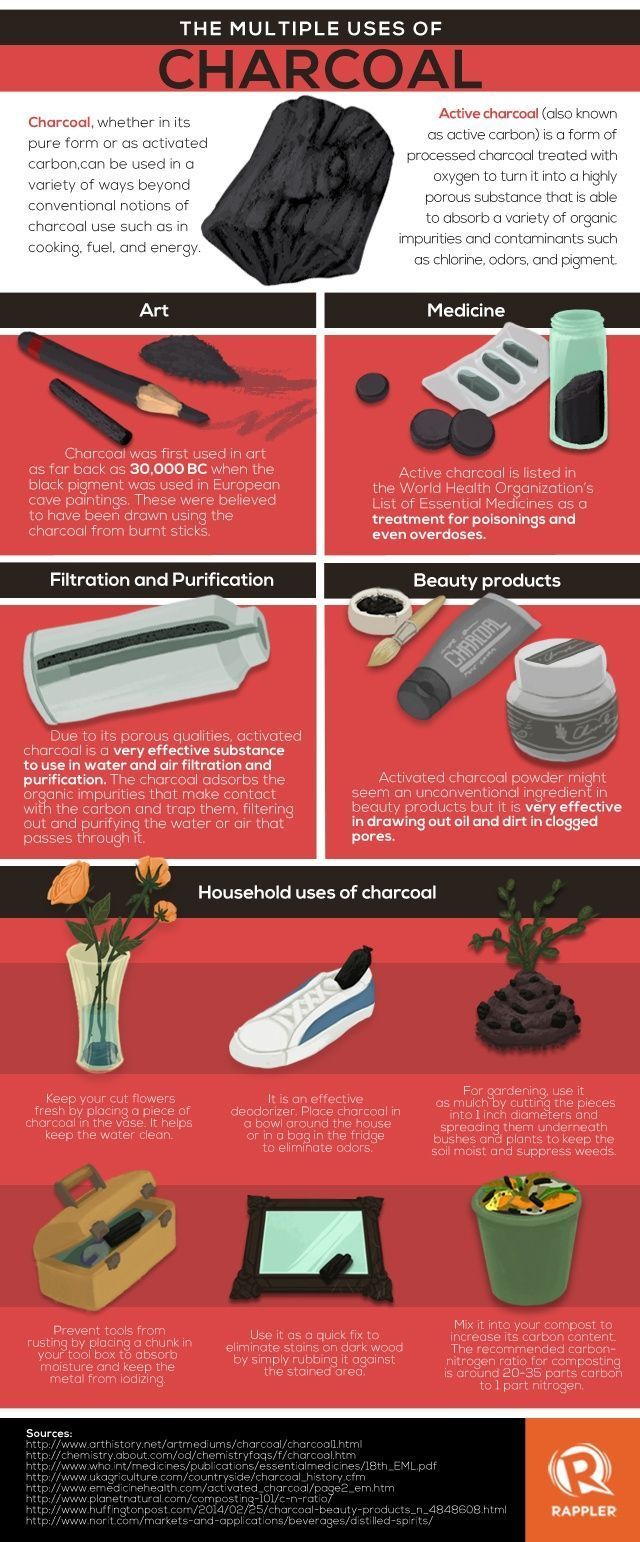The Future Of Home Home Heating - How Heatpump Modern Technology Is Advancing
The Future Of Home Home Heating - How Heatpump Modern Technology Is Advancing
Blog Article
Post Composed By-Rosenthal Oliver
Heat pumps will certainly be a crucial technology for decarbonising heating. In a scenario constant with federal governments' introduced power and environment commitments, their international capability increases by 2030, while their share in heating rises to one-quarter.
They work best in well-insulated homes and count on electrical energy, which can be provided from a renewable power grid. Technological developments are making them extra efficient, smarter and cheaper.
Gas Cells
Heat pumps utilize a compressor, cooling agent, coils and fans to relocate the air and warm in homes and devices. They can be powered by solar power or electricity from the grid. https://www.indiatoday.in/technology/tech-tips/story/5-quick-tips-to-cut-down-on-your-ac-electricity-bill-this-summer-1935684-2022-04-10 have been getting appeal as a result of their low cost, peaceful operation and the capacity to produce electrical energy during peak power demand.
Some firms, like IdaTech and BG MicroGen, are dealing with fuel cells for home heating. These microgenerators can replace a gas boiler and create a few of a home's electric needs with a link to the power grid for the remainder.
But there are factors to be unconvinced of using hydrogen for home heating, Rosenow says. It would be costly and ineffective compared to other innovations, and it would certainly contribute to carbon exhausts.
Smart and Connected Technologies
Smart home modern technology permits homeowners to attach and control their devices remotely with the use of mobile phone apps. For domestic air conditioning canterbury , smart thermostats can discover your heating choices and automatically adapt to enhance energy consumption. Smart lights systems can be regulated with voice commands and immediately turn off lights when you leave the room, reducing power waste. And smart plugs can monitor and handle your electric usage, permitting you to recognize and limit energy-hungry appliances.
The tech-savvy family shown in Carina's interview is a good illustration of just how passengers reconfigure space home heating techniques in the light of brand-new smart home technologies. They rely on the tools' automated features to carry out day-to-day changes and concern them as a convenient methods of performing their heating techniques. Because of this, they see no reason to adapt their techniques further in order to make it possible for adaptability in their home power demand, and interventions targeting at doing so might deal with resistance from these families.
Electricity
Given that heating up homes represent 13% of US emissions, a switch to cleaner options can make a huge distinction. Yet the technology faces difficulties: It's pricey and calls for comprehensive home restorations. And it's not constantly compatible with renewable energy sources, such as solar and wind.
Until recently, electric heatpump were too expensive to take on gas models in most markets. However brand-new technologies in style and materials are making them much more budget friendly. And far better cool climate performance is enabling them to operate well even in subzero temperature levels.
air conditioner heat pump cost following step in decarbonising heating may be the use of heat networks, which draw warmth from a main resource, such as a nearby river or sea inlet, and disperse it to a network of homes or structures. That would reduce carbon emissions and allow homes to capitalize on renewable resource, such as environment-friendly electrical power from a grid supplied by renewables. This choice would certainly be much less costly than switching over to hydrogen, a nonrenewable fuel source that needs brand-new infrastructure and would only decrease CO2 exhausts by 5 percent if coupled with boosted home insulation.
Renewable resource
As electricity prices go down, we're beginning to see the exact same trend in home heating that has driven electric vehicles into the mainstream-- but at an also faster rate. The strong environment case for electrifying homes has actually been pressed additionally by brand-new study.
Renewables account for a substantial share of modern-day warmth intake, however have been provided restricted policy focus around the world contrasted to other end-use sectors-- and even less attention than electricity has. Partially, https://andyqlfzt.blogdanica.com/29237516/exposing-usual-myths-and-misconceptions-about-warmth-pumps mirrors a mix of customer inertia, divided incentives and, in numerous countries, subsidies for fossil fuels.
New modern technologies could make the change less complicated. As an example, heatpump can be made more power effective by replacing old R-22 cooling agents with new ones that don't have the high GWPs of their precursors. Some specialists likewise picture area systems that attract warmth from a nearby river or sea inlet, like a Norwegian fjord. The cozy water can then be utilized for heating & cooling in a neighborhood.